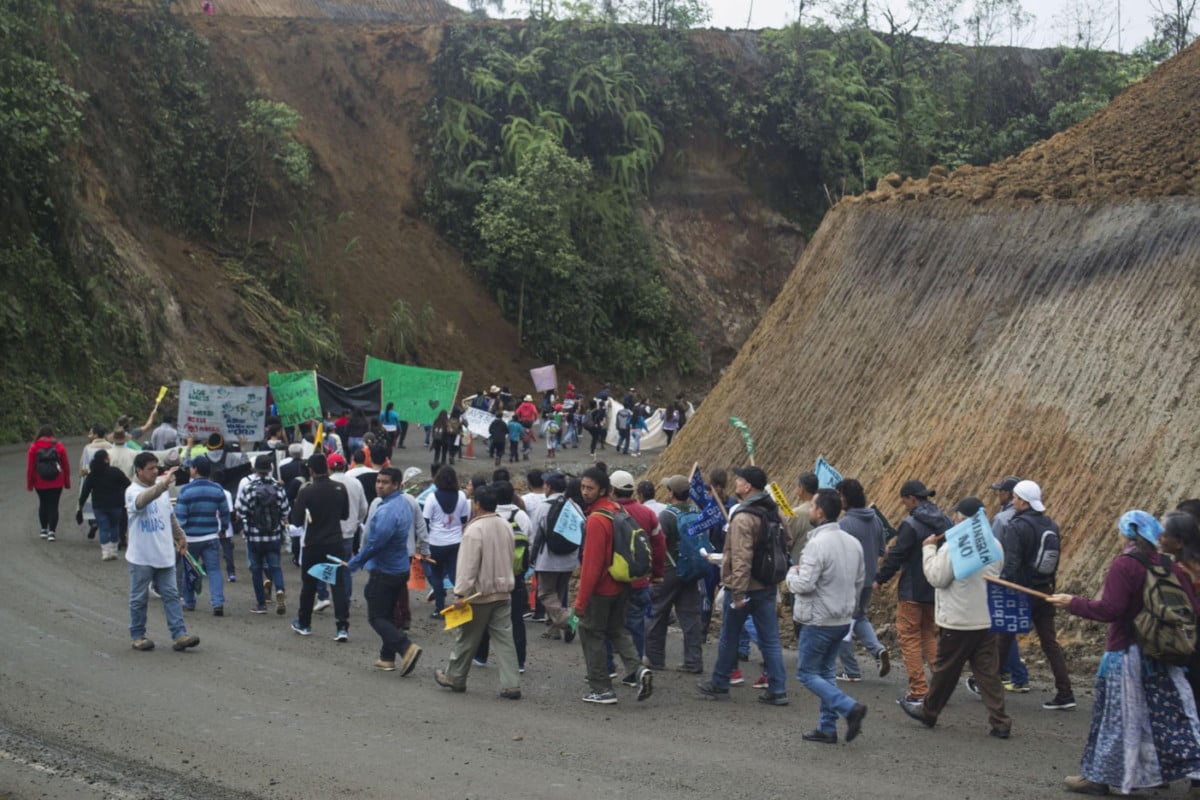Truthout is an indispensable resource for activists, movement leaders and workers everywhere. Please make this work possible with a quick donation.
Mindo is a small village in the lush, tropical cloud forest that descends from the Andes to the coast just outside of Quito, Ecuador. The cloud forest is home to an abundance of wildlife, such as brightly colored lizards, wild cats, spectacled bear, and over 600 species of birds. Mindo was recently named one of the top 10 places to birdwatch in the world by National Geographic, and those who live there are known for their conservationist stances and fights against oil corporations. The area is so rich in biodiversity that it has won the Audubon Christmas bird count competition seven times with the highest number of species.
Last week, Mindo residents were among the thousands who took to the streets all across Ecuador in a march to the presidential palace in Quito, to demand an end to mining. Mining has existed since pre-Incan times in the metal-rich landscapes of these tropical forests, but until the 1980s, the projects were small-scale and much lower impact. Over the past year, however, the government has been distancing itself from its conservationist stance and has opened huge portions of land to corporations interested in running large-scale open-pit mining projects.
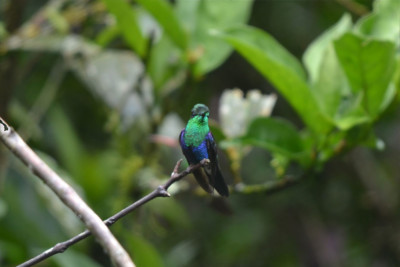
In the past few months, these corporate land grabs have intensified. In November 2017, local governments across northwestern Ecuador received letters from the mining corporations informing them that thousands of acres of forest had been signed away in more than 40 contracts with the central government. The Ministry of Mining had not consulted with communities and Indigenous nations before signing these contracts. This constitutes a violation of the Ecuadorian constitution passed in 2008 on several counts. Sumak Kawsay, a tenet of the constitution (meaning “life at its fullest” in Quechua), guarantees the right to live in peace and free of contamination. It grants the environment the same rights as a citizen, including the rights to be respected in its entirety through its vital cycles, as well as the right to restoration. This tenet of the constitution also promises to involve and consult all local populations about activities that have an impact on their environment.
After the mining contracts were signed, the central government claimed they had informed communities and that environmental impact reports had been carried out. Furthermore, they claimed that the areas that were granted mining permits were not in use and extraction activities would not affect the local population. Local residents said, however, that both of these claims were patently false.

Caminantes, a national grassroots group that campaigns against mining, highlighted that 15 percent of Ecuador’s territory has been granted a mining permit. That amounts to 5 million acres, almost the size of the state of New Jersey.
In their mission statement, Caminantes explain that they fight resource extraction on the basis that it “deepens poverty, dismisses community values, upholds the ruling political class and promotes corruption.”
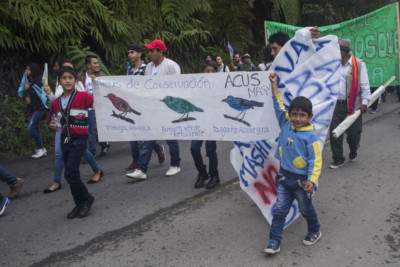
Meanwhile, conservationist groups and scientists argue that the devastating impacts of open-pit mining causes could be so destabilizing that some endemic species would be in immediate danger of extinction, and other populations would abandon the area due to noise pollution, loss of habitat and water pollution. Participants in the march claimed the government is keen to overlook mining’s environmental consequences, despite studies that have shown it creates toxic water pollution in several different stages of the mining process. These chemicals and metals seep into rivers, poisoning the wildlife around them. Plus, for each ton of minerals extracted, about three times that amount is produced in toxic waste rock. Advocates say that all of these elements prove that there is no model for “sustainable mining,” and that the government must prioritize either the rainforest or the mines.
Mindo is an oasis in a world tormented by climate change. For outside observers, this landscape may symbolize natural beauty and peace, but that symbolism is nothing compared to the huge number of species and people that call it home. What could be preserved as one of the most biodiverse areas of the planet may become a barren crater if those responsible do not choose action over profit.
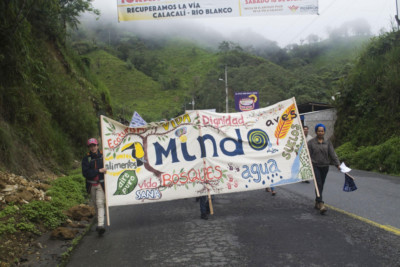
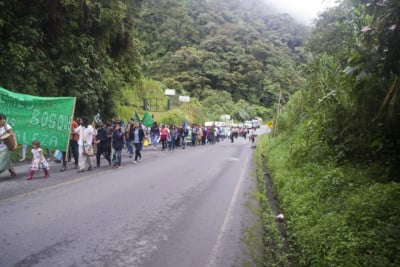
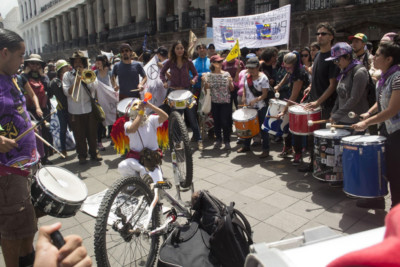
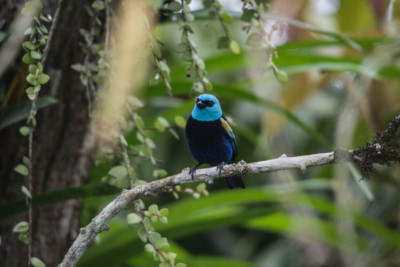
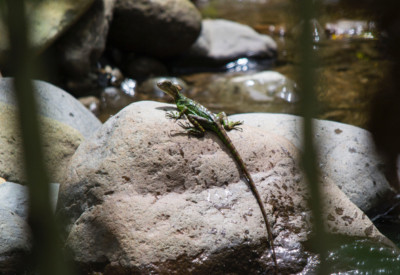
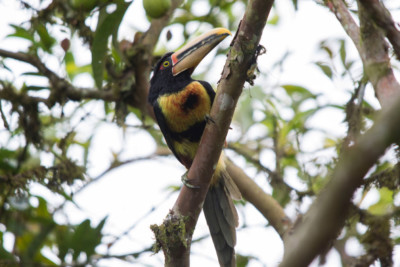
A terrifying moment. We appeal for your support.
In the last weeks, we have witnessed an authoritarian assault on communities in Minnesota and across the nation.
The need for truthful, grassroots reporting is urgent at this cataclysmic historical moment. Yet, Trump-aligned billionaires and other allies have taken over many legacy media outlets — the culmination of a decades-long campaign to place control of the narrative into the hands of the political right.
We refuse to let Trump’s blatant propaganda machine go unchecked. Untethered to corporate ownership or advertisers, Truthout remains fearless in our reporting and our determination to use journalism as a tool for justice.
But we need your help just to fund our basic expenses. Over 80 percent of Truthout’s funding comes from small individual donations from our community of readers, and over a third of our total budget is supported by recurring monthly donors.
Truthout’s fundraiser ended last night, and we fell just short of our goal. But your support still matters immensely. Whether you can make a small monthly donation or a larger one-time gift, Truthout only works with your help.
